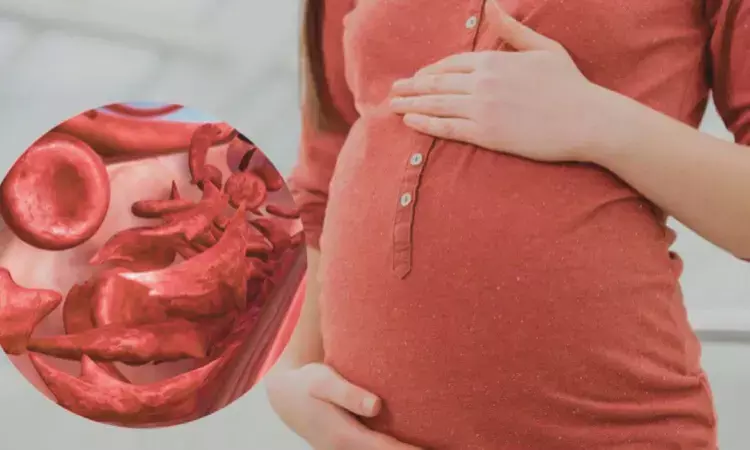- Home
- Medical news & Guidelines
- Anesthesiology
- Cardiology and CTVS
- Critical Care
- Dentistry
- Dermatology
- Diabetes and Endocrinology
- ENT
- Gastroenterology
- Medicine
- Nephrology
- Neurology
- Obstretics-Gynaecology
- Oncology
- Ophthalmology
- Orthopaedics
- Pediatrics-Neonatology
- Psychiatry
- Pulmonology
- Radiology
- Surgery
- Urology
- Laboratory Medicine
- Diet
- Nursing
- Paramedical
- Physiotherapy
- Health news
- Fact Check
- Bone Health Fact Check
- Brain Health Fact Check
- Cancer Related Fact Check
- Child Care Fact Check
- Dental and oral health fact check
- Diabetes and metabolic health fact check
- Diet and Nutrition Fact Check
- Eye and ENT Care Fact Check
- Fitness fact check
- Gut health fact check
- Heart health fact check
- Kidney health fact check
- Medical education fact check
- Men's health fact check
- Respiratory fact check
- Skin and hair care fact check
- Vaccine and Immunization fact check
- Women's health fact check
- AYUSH
- State News
- Andaman and Nicobar Islands
- Andhra Pradesh
- Arunachal Pradesh
- Assam
- Bihar
- Chandigarh
- Chattisgarh
- Dadra and Nagar Haveli
- Daman and Diu
- Delhi
- Goa
- Gujarat
- Haryana
- Himachal Pradesh
- Jammu & Kashmir
- Jharkhand
- Karnataka
- Kerala
- Ladakh
- Lakshadweep
- Madhya Pradesh
- Maharashtra
- Manipur
- Meghalaya
- Mizoram
- Nagaland
- Odisha
- Puducherry
- Punjab
- Rajasthan
- Sikkim
- Tamil Nadu
- Telangana
- Tripura
- Uttar Pradesh
- Uttrakhand
- West Bengal
- Medical Education
- Industry
Does anemia during pregnancy affect newborns' risk of heart defects?

New research published in BJOG: An International Journal of Obstetrics & Gynaecology found that mothers who are anemic in early pregnancy face a higher likelihood of giving birth to a child with a heart defect.
The study assessed the health records of 2,776 women with a child diagnosed with congenital heart disease who were matched to 13,880 women whose children did not have this condition.
Investigators found that 4.4% of children with congenital heart disease and 2.8% of children with normal heart function had anemia. After adjusting for potential influencing factors, the odds of giving birth to a child with congenital heart disease was 47% higher among anemic mothers.
“We already know that the risk of congenital heart disease can be raised by a variety of factors, but these results develop our understanding of anemia specifically and take it from lab studies to the clinic. Knowing that early maternal anemia is so damaging could be a gamechanger worldwide,” said corresponding author Duncan B. Sparrow, PhD, of the University of Oxford. “Because iron deficiency is the root cause of many cases of anemia, widespread iron supplementation for women-both when trying for a baby and when pregnant-could help prevent congenital heart disease in many newborns before it has developed.”
Reference:
Manisha Nair, Cynthia W. Drakesmith, Margaret Smith, Clare R. Bankhead, Duncan B. Sparrow, Maternal Anaemia and Congenital Heart Disease in Offspring: A Case–Control Study Using Linked Electronic Health Records in the United Kingdom, BJOG An International Journal of Obstetrics & Gynaecology, https://doi.org/10.1111/1471-0528.18150.
Dr Kamal Kant Kohli-MBBS, DTCD- a chest specialist with more than 30 years of practice and a flair for writing clinical articles, Dr Kamal Kant Kohli joined Medical Dialogues as a Chief Editor of Medical News. Besides writing articles, as an editor, he proofreads and verifies all the medical content published on Medical Dialogues including those coming from journals, studies,medical conferences,guidelines etc. Email: drkohli@medicaldialogues.in. Contact no. 011-43720751


